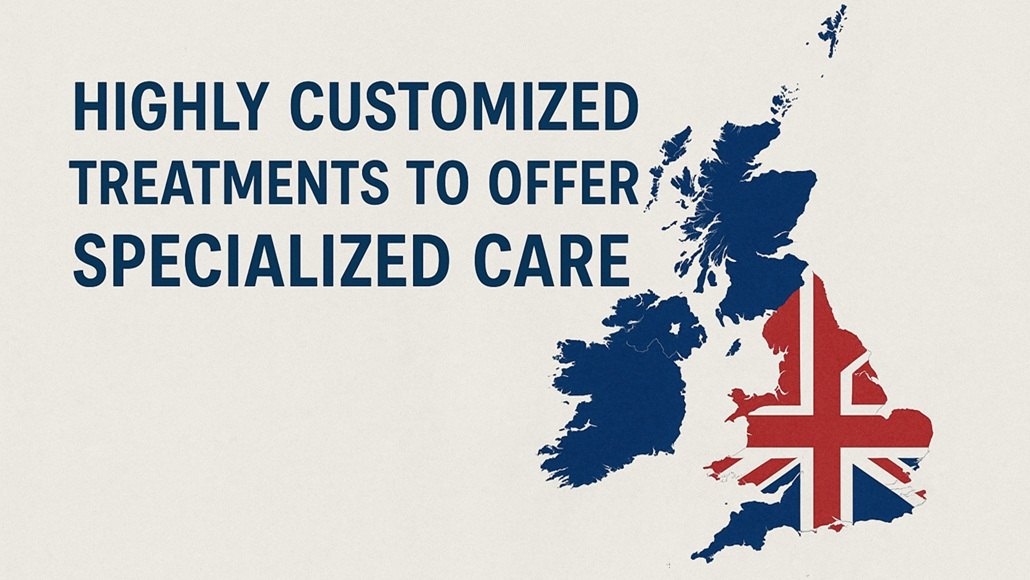The Human Medicines Regulations 2025, which came into force on 23 July 2025, happens to make the UK the first country to have a dedicated legal framework when it comes to medicines that are produced at the point of care.
The new rules, which are introduced by the Medicines and Healthcare Products Regulatory Agency (MHRA), enable the hospitals, ambulances, and even the local care settings in order to carry out the final stages when it comes to manufacturing highly customized treatments to offer specialized care to UK and to offer time-sensitive treatments by way of using regulated protocols.
The health and social care secretary of the UK, Wes Streeting, said that this world-first legislation happens to be a game changer for patients. Cancer treatments that are customized in days, not months, are going to be a reality. Life-saving therapies are going to be made at bedside and not hundreds of miles away.
Streeting said that their plan for change promised to build an NHS that is fit for the future. And today they are delivering on that pledge by way of bridging the cutting-edge care directly to patients when they actually require it the most.
He said that they are turning around their NHS with waiting lists at the lowest for the last two years, and this type of therapy goes to mean that patients can be treated and even return home more quickly.
It is well to be noted that until now, therapies like CAR-T, which involved modifying immune cells of the patient to fight their specific cancer, happened to be sent to specialist facilities, which were often located quite far. Delays went on to mean that some patients became too ill to receive the therapy, or the medicines having a short shelf life could not get delivered in time.
As per the new framework, a cancer patient can have their cells collected, altered, and even returned for treatment within days. Interestingly, a child with a rare genetic disorder could get freshly prepared therapy that is made and administered on-site, even if it only has a few minutes of shelf life left.
The new legislation goes on to apply to the cell and gene therapies and tissue-engineered treatments. Gases, blood products, medical gases, and 3-D printed products. Hospitals will follow protocols with oversight coming from a central control authority, which would be similar to how chemotherapy or antibiotics are getting prepared locally.
Lord Vallance, the science minister, said that this world-first framework goes on to give the NHS as well as innovators a very safe and clear way to bring advanced treatments from laboratories to the bedside of the patients. It is indeed a powerful example of how smart regulation can enable more patients to benefit from the best in British science.
He added that they are indeed determined to clear the path pertaining to more health innovation of this kind. Furthermore, he said that their recently published life sciences sector plan happens to set out a very clear vision to do just that with a viewpoint to unlocking investment, growth, and even delivering a more robust prevention-focused system of healthcare.
It is well to be noted that the regulations also support mobile manufacturing units, thereby offering choices for patients who are too unwell to travel or those who have immune systems that make hospital visits much riskier. Apparently, the change supports the plan of the NHS to broaden hospital-at-home care by way of including virtual wards.
Lawrence Tallon, the chief executive of MHRA, said that patients will now get highly customized treatments to offer specialized care to UK patients and also near to their bedside with the same steep standards as all the medicines. According to him, this is specifically significant in a scenario where every hour matters or where a treatment is so specific that it cannot simply be made available in advance.
This, according to him, is indeed a landmark moment, which opens the doors to a personalized treatment future that is made for one person, at one time, in one place, and becomes a part of the routine care.
He goes on to say that the UK is indeed leading the world when it comes to the next generation of medical innovation, and as the UK regulator for medicine and medical devices, they are indeed determined to play their role in terms of offering a supportive regulatory framework in order to enable health partners as well as medicine innovators to bring these novel treatments to the patient fraternity.


















